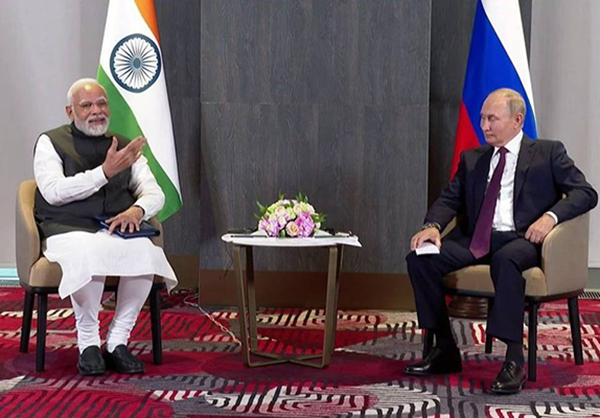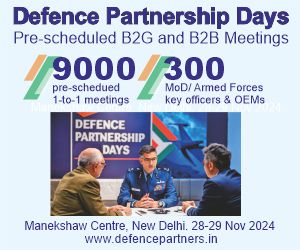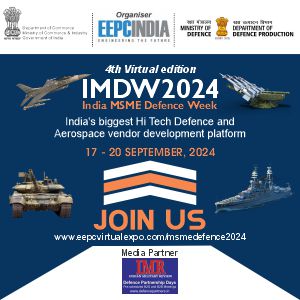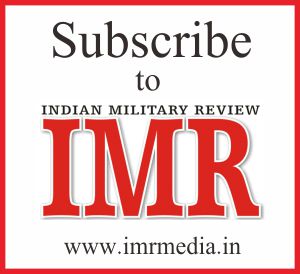

With no sign of the end of the Russian invasion of Ukraine, Prime Minister Narendra Modi told Russian President Vladimir Putin on 16 September that “today’s era is not an era of war”. Putin said he understood Delhi’s concerns about the conflict in Ukraine and wanted it to end “as soon as possible”.
Meeting on the sidelines of the Shanghai Cooperation Organisation summit in the Uzbekistan city of Samarkand, Modi told Putin, “I know that today’s era is not an era of war, and I have spoken to you on the phone about this.” He said democracy, diplomacy and dialogue have kept the world together.
Maintaining that Ukraine had rejected negotiations, Putin said Kyiv was set on achieving its own objectives “on the battlefield”.
Putin had made similar comments to Chinese President Xi Jinping on 15 September, saying he understood Beijing’s concerns over the conflict.
Putin told Modi, “We will do our best to stop this as soon as possible. However, unfortunately, the opposing side, the leadership of Ukraine, announced its refusal to continue negotiations and declared that they wanted to achieve their goals by military means, as they say ‘on the battlefield’. But nevertheless, we will always keep you informed of what is happening there.”
“It is important that we constantly coordinate our positions, despite the coronavirus restrictions: we spoke on the phone four times, our officials are constantly in contact with each other,” he said.
This was the first meeting of the two leaders since the Russian invasion of Ukraine on February 24 this year – and their most candid public conversation on the war between the two leaders. They have spoken at least four times in the last six months with Modi calling for cessation of hostilities and advocating the path of diplomacy and dialogue.
While India did not criticise the Russian invasion, it condemned the Bucha massacre in which innocent civilians were killed.
Putin said, “Constructive relations between our countries in the economic sphere are obviously developing. The trade turnover is growing, including due to, as you requested, additional deliveries of Russian fertilisers to the Indian market. Supplies of fertilisers from Russia to India increased by more than eight times – not by some percentage, but by more than eight times. I hope this will help Indian farmers solve the complex tasks of providing food for the country’s population.”
“Large-scale joint projects in the oil and gas sector and nuclear power industry are consistently being implemented. For Russians, India’s rich history and ancient culture are traditionally of great interest. In this regard, we propose to intensify the negotiation process on an agreement on visa-free tourist trips. We could also consider holding the Cross Years of Russia and India in 2024,” he said.
After the meeting, Modi said, “Had a wonderful meeting with President Putin. We got the opportunity to discuss furthering India-Russia cooperation in sectors such as trade, energy, defence and more. We also discussed other bilateral and global issues.”
The Ministry of External Affairs, in a statement, said, “The leaders appreciated the sustained momentum in bilateral ties, including contacts at various levels. President Putin expressed appreciation for the Prime Minister’s video-message at the Eastern Economic Forum in Vladivostok earlier this month.”
“Discussions also pertained to global food security, energy security and availability of fertilisers in the context of the challenges emanating from the current geo-political situation,” it said.
“In the context of the ongoing conflict in Ukraine, Prime Minister reiterated his call for an early cessation of hostilities and the need for dialogue and diplomacy,” the MEA said.
















